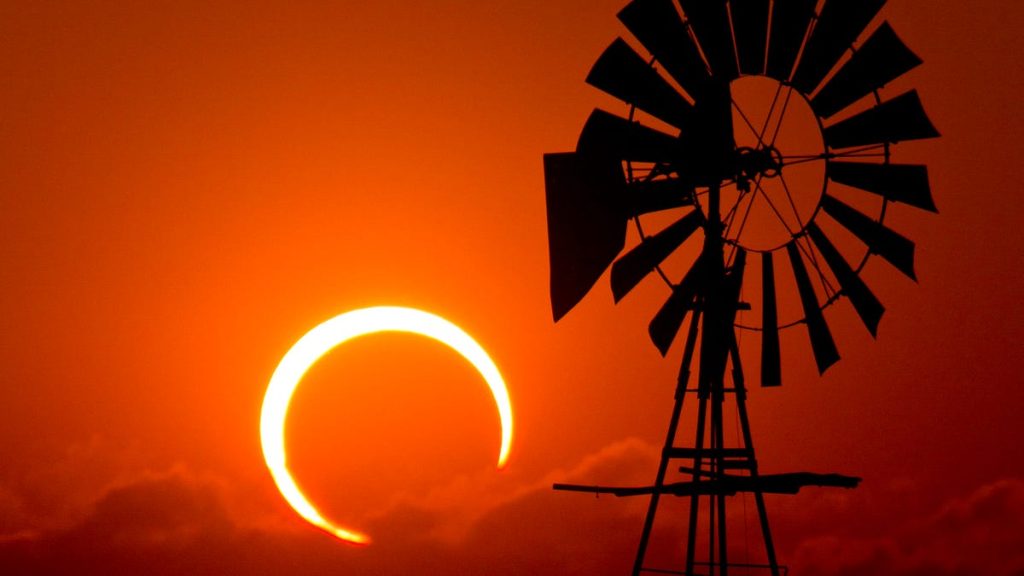The solar eclipse on April 8 will have Americans looking skyward in their eclipse glasses, but the impact goes beyond just viewing. With a growing reliance on solar power, the temporary loss of sunlight during the eclipse can have significant effects on solar generation. Grid operators have been preparing for this event, so most people will not notice any changes to the electrical system. The 4-minute eclipse will cause a loss of sunlight, leading to the need to match supply and demand during that window.
Areas within the “zone of totality” will experience total darkness, while others will experience partial loss of sunlight. The transition in and out of the eclipse could last several hours, leading to a longer period of reduced solar generation across the United States. Utilities are preparing for the eclipse by ramping up other power sources to cover the temporary loss of solar power. The speed of the eclipse poses a challenge as the transition to night time is faster than a typical daily transition.
The increase in utility-scale solar projects and energy storage systems contributes to the readiness for the eclipse. Despite the considerable growth in solar power since the 2017 eclipse, the electric grid is expected to continue running smoothly during the event. With more batteries in operation to store excess energy and release it when needed, the grid is better equipped to handle the decrease in solar generation during the eclipse. This event can serve as a practice run for handling future unpredictable events that may affect solar power generation.
If you want to witness the solar eclipse, here are some tips for safe viewing. Using eclipse glasses or a solar viewer is essential to protect your eyes from the sun’s harmful rays. The eclipse will create a spectacular sight in the sky, with areas experiencing different levels of darkness depending on their location. As the nation stops to witness this celestial event, the electrical grid will be working behind the scenes to maintain stability despite the temporary loss of solar power. The preparation and readiness of utilities and grid operators will ensure that consumers do not experience any disruptions during the eclipse.


